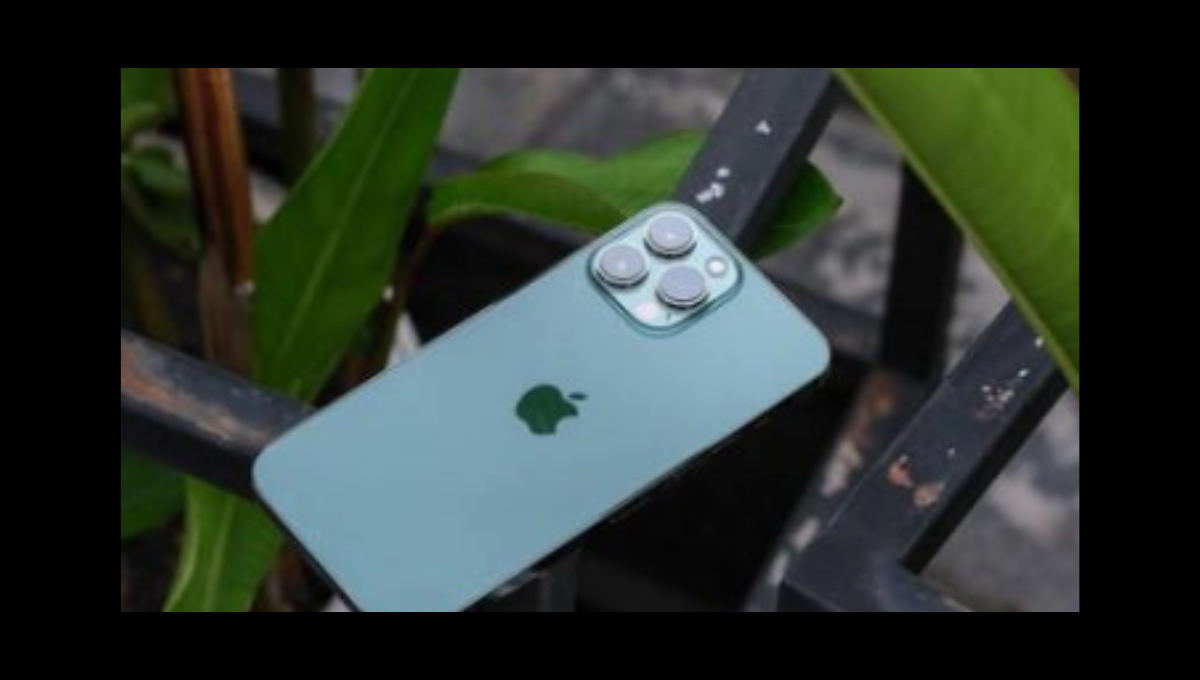In an era where smartphone accessories are a booming industry, iPhone cases remain one of the most commonly purchased products. Many users view these cases as essential to protect their expensive devices from damage. However, Apple, the company behind the iPhone, has subtly suggested that iPhone cases might be an unnecessary expense. Through design philosophy and product evolution, Apple has hinted that iPhone cases could, in fact, be a waste of money. Let’s dive into the reasoning behind this.
1. Apple’s Robust iPhone Design
Apple’s confidence in their design is evident in every iPhone release. With each generation, iPhones are becoming more durable. The materials used—whether it’s the ceramic shield on the front or aerospace-grade aluminum and stainless steel on the back—are crafted to withstand significant wear and tear. Apple invests heavily in rigorous testing to ensure that the iPhone can handle everyday accidents such as drops and scratches.
The tech giant highlights that its products are engineered to be robust enough to not need extra protection. This is especially true with the latest iPhones, where the ceramic shield front cover is claimed to be tougher than any other smartphone glass on the market.
2. Improved Water and Dust Resistance
One of the most common reasons people purchase cases is to protect their phones from water damage. Apple, however, has continuously improved the iPhone’s water and dust resistance over the years. iPhones now have an IP68 rating, meaning they can survive being submerged in up to six meters of water for around 30 minutes.
With this level of protection, the need for waterproof cases diminishes significantly. Apple’s assurance that the iPhone can withstand spills, splashes, and brief submersion further underscores their stance that cases may not be necessary.
3. AppleCare+ – The Ultimate Safety Net
Apple offers its own insurance service, AppleCare+, which includes coverage for accidental damage. This means that even if an iPhone does suffer an accidental drop or spill, AppleCare+ provides a safety net at a fraction of the cost of continuously buying new cases or replacing broken accessories. Instead of piling on protection with a bulky case, Apple suggests using AppleCare+ for a better balance of peace of mind and maintaining the aesthetic of the phone.
4. Aesthetic Appeal: iPhone’s Sleek Design
Apple is known for its focus on sleek, minimalist designs. iPhones are meticulously crafted to be slim, lightweight, and visually appealing. By slapping on a case, users are covering up the design that Apple has worked hard to perfect. Cases often add bulk, reducing the premium feel of the phone and covering the elegant finish that makes the iPhone stand out.
Apple subtly emphasizes that the iPhone’s design is meant to be seen and felt without obstruction. Every curve, button placement, and finish is deliberate. Adding a case can detract from the tactile and visual experience that Apple wants users to enjoy.
5. Environmental Concerns with iPhone Cases
In a world where sustainability is becoming more critical, Apple is committed to reducing its carbon footprint. iPhone cases, especially those made of plastic, contribute to environmental waste. Many users change cases frequently, either because of damage, style preferences, or simply because newer models are released.
Apple has taken bold steps towards being environmentally friendly by reducing plastic packaging, using recycled materials, and aiming to be carbon neutral by 2030. In this context, Apple subtly suggests that cases are not only unnecessary but may also be an environmental burden.
6. Third-Party Cases May Interfere with iPhone Performance
Another reason Apple hints at avoiding cases is the possibility that third-party cases might interfere with the phone’s performance. Cheap or poorly designed cases can block important features like antennas, speakers, or the MagSafe functionality. Some cases may even cause phones to overheat because they trap heat.
While some may argue that Apple itself sells cases, the company often emphasizes compatibility and function when it comes to accessories. Their own line of cases is engineered specifically to work seamlessly with the phone, but Apple’s primary message remains the quality and robustness of the iPhone as a standalone product.
7. Freedom of Customization Through Digital Protection
In place of physical protection, Apple has leaned towards software and user-experience solutions. Features such as Find My iPhone, and advanced security measures like facial recognition and encrypted data ensure that even if your phone is lost or damaged, your personal information remains safe. This shift towards digital protection further weakens the argument for needing a physical case, as the most valuable part of your phone—your data—remains protected.
Conclusion: Cases are a Choice, Not a Necessity
While Apple still sells iPhone cases and recognizes that some people feel more secure using them, the company’s design philosophy clearly suggests that cases are more of an optional accessory than a necessity. The iPhone is built to be strong, resistant, and durable, with layers of protection already built in. Apple’s growing emphasis on environmental sustainability and design aesthetics also subtly pushes the idea that a naked iPhone might be the best iPhone.
In the end, buying a case comes down to personal preference, but Apple seems to be quietly encouraging users to enjoy their iPhones as they were intended—case-free.







